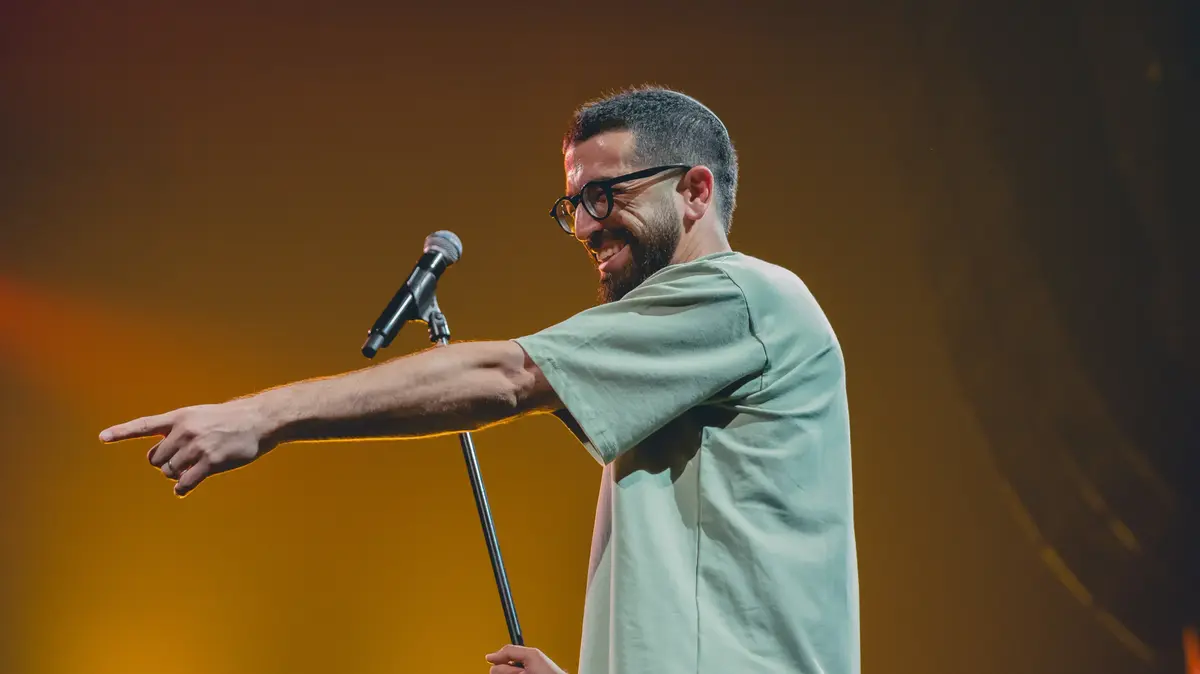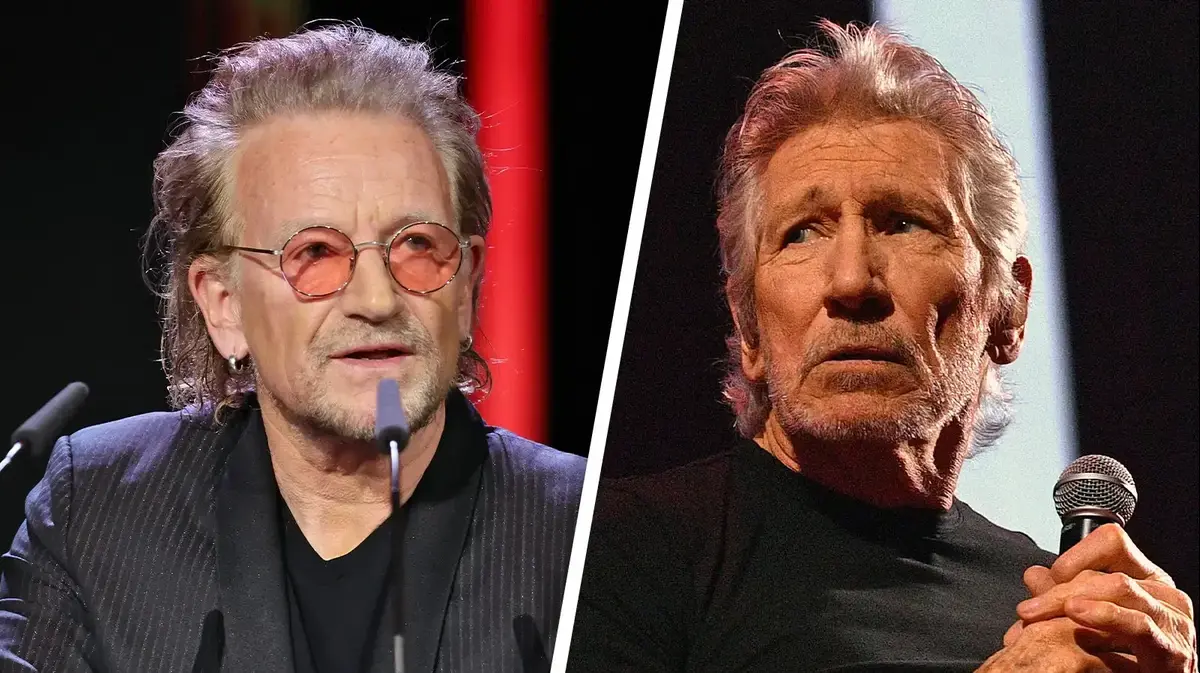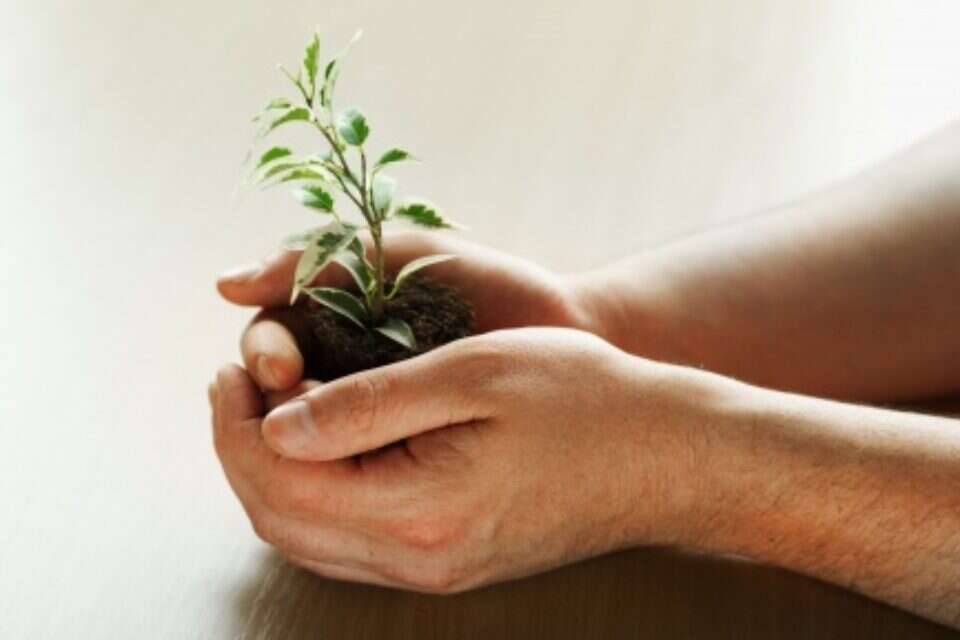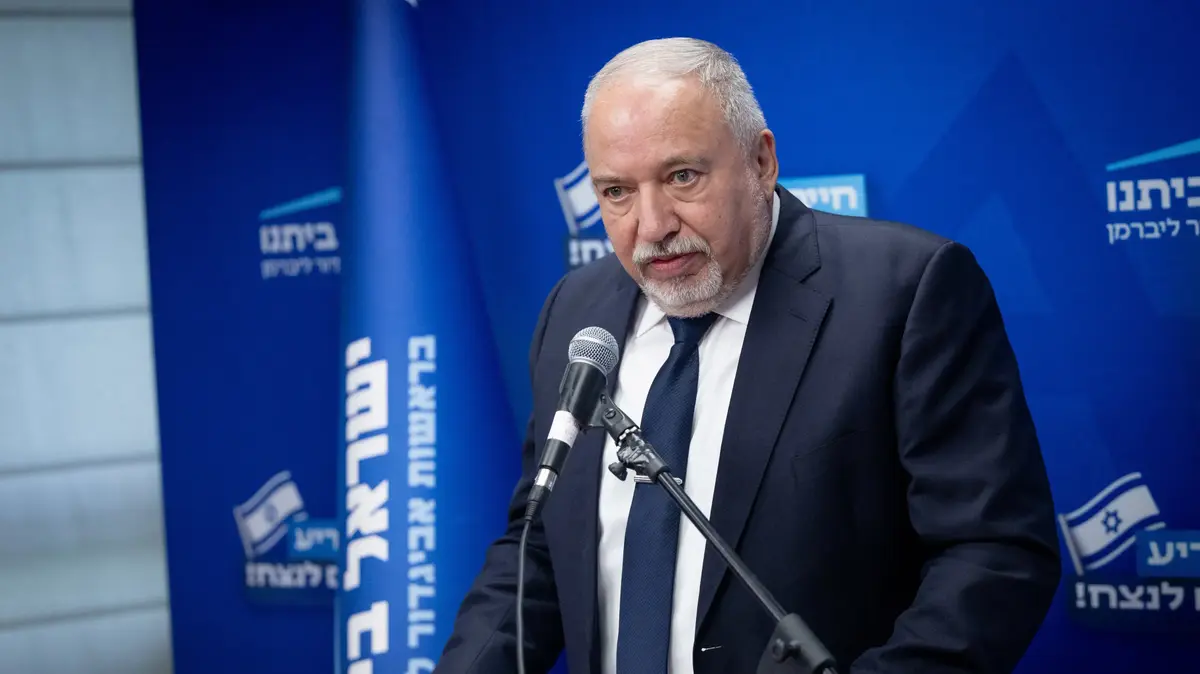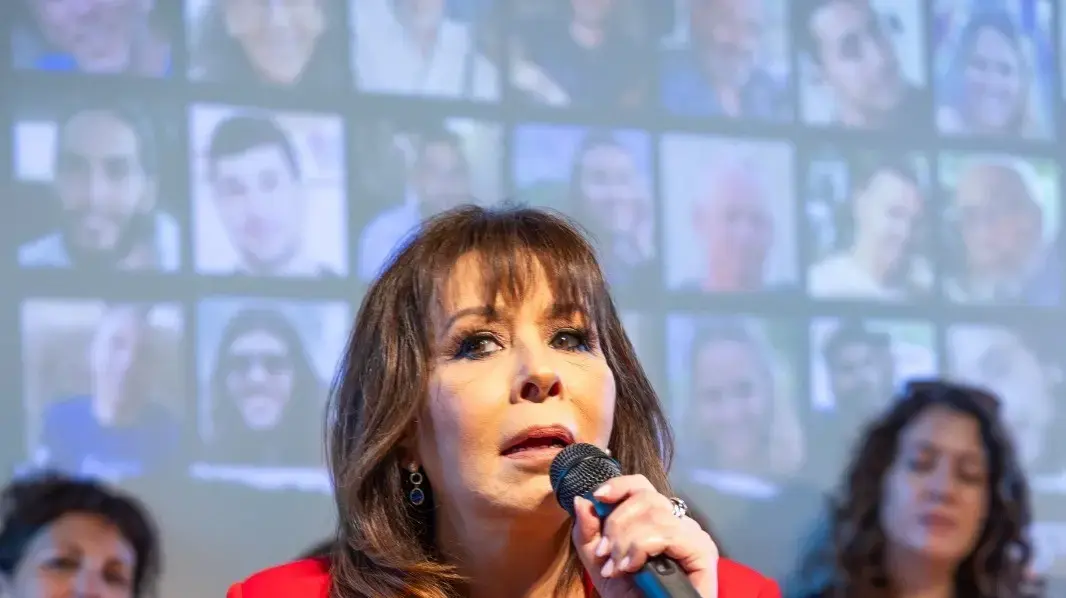On the brink of despair from the war in Syria, Hiam Ahmed, a Palestinian refugee, led his piano on bombarded Yarmuk streets - playing the painful reality • Interview
"The only thing that is comforting to me is that I raise awareness of the suffering of the Syrians"
Photo:
Niraz Said
Hiam Ahmed has already come to terms with the thought that at any moment he may die. The bodies of the starving children have become commonplace in the bombed-out streets of the Palestinian refugee camp, Yarmuk, on the outskirts of Damascus, which has become a vibrant cultural and commercial center of horror.
"We lost hope, there was no food, and all we could think about was how we would survive the day," the 31-year-old classical pianist says. "Mothers had no breast milk left, and babies died of hunger. Half a million we had barely 18,000 left, and at any moment we could To be caught alive and dead. Hospitals were bombed, schools were deserted and people were afraid to take to the streets. Assad's regime shut us under siege, and we couldn't escape. Whoever tried to escape - was imprisoned by the regime, which left people in an instant. No running water and infrastructure collapsed. " .
By the time of his escape to Germany in 2015, where he had become a refugee for the second time in his life, Hayam, popularly known as "the Pencarian Mirmoch," composed hundreds of texts written by neighbors and friends, describing life in the shadow of long-lost families. Children, women, young and old began to gather around the piano and sing together, each time in a different corner of the city streets. "The city was burning in the dark, no trees were left to burn, and people started burning plastic bottles and clothes to set fire. Only a classic piano didn't need electricity, all it had to do was improvise a cart, raise it and push it, and so we did."
In a short time, videos and images were distributed on networks and media around the world, and his musical project became an inspiration for musicians across Europe. The Beethoven International Prize was awarded not for virtuosic technique, but for other excellence: "The courage and determination, and the real-time proof of the power of music to instill the value of freedom and hope in a bloody conflict," the judges wrote. Only for him, it was the way to maintain humanity, in the land of his hometown, that became a hell that shattered every identity he knew and knew within him.
"Our backs were broken, but every time we swung the piano we forgot our hungry stomach. When we sang together, we felt we had the strength to resist the war. That was our revolution. The music brought us back to the one thing Assad's regime couldn't take from us - a piece of hope." , She writes in an autobiography released last year, turning into a historical document that describes an extraordinary personal story, yet the story of tens of thousands of Syrians.
"I forgot my name"
The civil war in Syria has so far taken the lives of more than half a million people. Nearly 10 million Syrians fled their homes and became displaced, about 7 million found outside Syria and became refugees. "A picture cannot tell what happened before, or what happened after," Ahmad says in a telephone interview to Israel this week.
He refers to the famous one, which many consider to be a reminder of the ongoing trauma of the disaster, in which he was seen next to his piano, on Palestine Street in Yarmouk, shouting the song "I forgot my name". The same song became one of his flagship songs, earning a place of honor in the Italian Ex Factor, and in dozens of collaborations with international-level musicians. The Danish-Jewish oboe player, Henrik Goldenschmidt, who accompanied him at the Dresden Peace Concert, wrote in a post after the joint performance: "The singing and playing of Hyam Ahmed break the heart."
The lyrics were written by Ziad al-Haraf, a neighbor and friend. "He loved his wife more than anything else in the world," Ahmed says. "She had been pregnant with their first child in recent weeks, and had documents beyond Damascus where she was to give birth. Only if something went wrong and, following a bureaucratic mistake, her name was wrong. The soldiers did not let her go and the couple waited for hours at the checkpoint until she collapsed and fell on Stomach. She died on the way to the clinic, but the boy was saved. "
"People go to jail and don't go out." Refugees in the ruins of the Yarmuk camp // Photo: IP
The famous picture also could not illustrate his fragile voice, singing his words: "I lost my name, forgot the letters that make up it, forgot its meaning, lost the words of the song I knew and sang." In a renewed song for the song, named "Cumulus," in his latest album, "Syria - Music for Peace," Ahmed lists the list of all the cities that have become ruins, calling out his pleas for peace on the land that used to be his home.
Over the past four years, Yam has appeared on more than 800 deaths across Europe. His tour schedule is full for the next six months, with five albums under him. Low-floor, thin and shy, he steps up to a stoop, apologizing. "Excuse me, I'm not that good a pianist." But when he starts playing, it is impossible to discern the human injury to his left hand, from the hand grenade incident sent to him during the war. His eyes remain closed all the time. Pain and catastrophe penetrate the heart in every trial. Among his songs are videos of the time of disaster. The crowd doesn't stand it, some fail to hold back tears.
"At the end of the show, dozens stand for minutes and clap, and Ahmad shakes his head. People come to shake his hand, he treats everyone, thanking them one by one. Two years have passed since we met at the Womax International Music Festival - during which I waited for an autobiography in English. Whatsap, between one performance column after another, and just days before and after his first daughter was singing.
"There are days when I want to stop performing and just teach music," confesses Ahmed. "The trauma is repeated over and over on the days when I play the songs written during the war and reads from the book. There are nights I wake up from nightmares of depression and tremors. But I try to overcome, I have a responsibility. As long as the Syrians continue to die - I have no choice but To cry out on stage whenever possible. Hopefully my children born into the horrors will not be traumatized as they grow up. Today they are 6 and 4. It's clear to me that my wife and parents are lost at this level - as long as we live, we will carry it within us. " .
To deal with shame
Ahmed's traumatic memories of Syria include his only lost brother, who was arrested by the regime as he risked crossing the Mirmukh Damascus checkpoint on his way to receive the UNRWA Commission's aid money. They include the endless famine in months when all that remains to eat is clover grass, the poison Many died, along with the sight of the rivers of residents who stood by the hottest to darkness between checkpoints, on days when UNRWA was allowed to provide relief packages.
"I remember the screams, the sight of the people who were shot on their way back, bleeding, holding an aid pack and dropping to death," he says. But the worst memory of all, about which he strikes for sin, is the death of 12-year-old Zainab, who was shot at the head while singing alongside him. "Only during the writing of the autobiography did I tell of the incident, which happened near my 27th birthday. I carried Zainab hysterically as she was bleeding, and in fact already dead, to the hospital.
That day, I felt something bad might happen, and like an idiot I left the house. The kids called me out the window, wanted to sing, but I didn't listen to my gut feeling. Days after that happened, I stood on the roof of one of the buildings and wanted to jump. I felt the snipers wanted to murder me and Zainab was shot in my place. I cursed myself for that. "
Shortly thereafter, with ISIS taking over the area, it was his sign of escape. "They marked me and burned the piano. Music is the devil to them, forbidden by their laws."
Does music relieve some of the guilt?
"Music is everything to me. I teach music, compose and play, that's what I did in Yarmouk, and that's what I do here in Germany, and because of that I support my family and the money that still sends to people in Syria. It's really not trivial, there are a lot of refugees who have to start their lives anew The music is also my way of communicating with people, only that the music can't take away the feelings of guilt and shame I feel. While I'm in Germany, playing and raising my family, the friends who helped me carry it The piano and the encouragement of me to continue, remained there in Syria, sometimes I feel like I'm playing his mind The bodies of my friends. Every time I talk to my best friend Marwan, left Syria, I feel terrible. "
So what encourages you?
"The only thing that is comforting is that I know that as I repeatedly tell, I raise awareness of the suffering of the Syrians and the Palestinian refugees in Syria."
The world forgets
Ahmed is currently publishing his second book, A Taxi in Damascus, which describes life in Syria today - life stories collected from the city's inhabitants and its surroundings in the days following the civil war. "I hide behind the cab driver to listen to the stories and pass them on," he explains. "The project exposes the Syrian existence war, which depicts the terrible reality, and anonymously."
What is happening in Syria today that does not reach the headlines?
"More than 3 million people are being bombed daily in Idlib province, crowds of sleeping children on the ground, and nowhere to escape because Turkey has closed its borders. We are not far from the day people start eating each other from hunger. I am very worried. Poverty has reached absurd proportions, Syrian money is not worth the paper on which it is printed, 1,300 Syrian pounds are worth the US dollar, people work every month for barely a week's worth of living, who dare to talk about what is happening, risk arrest.
"The international media has stopped surveying what's going on in Syria, which is still bleeding. Today's war is international, far beyond Assad, a fight scene for politicians who are reluctant to pay for the lives of Syrians who pay the price of their lives. The world silently agrees to the atrocities, and the Syrian media continues with The propaganda, as she always did when she hid the daily slaughter of the Syrian regime. At the New Year's Eve celebrations, she made 'sell' efforts to the whole world that people are celebrating the New Year with - but that's not the reality. "
As a Palestinian who became a refugee a second time - where is the house?
"This is an issue that I face every day. Yarmuk, the city that was once my home, was completely destroyed. Our identity card, as Palestinians in Syria, said it was a temporary - temporary residence that lasted more than 60 years. It is difficult for Palestinians to talk about the concept of a home. Straight into political arguments.
"And some also say, 'My house is Palestine, I'll go back there and take everyone out there.' I don't connect with that at all. After 70 years of conflict, I don't think we fully understand it, and I wonder about the concept of 'we', too. Who are 'we'? People were hoping, and rightly so, that after the Nakba disaster they could sometime return to Safed, Tiberias, to the places where they were displaced during the 1948 war. My grandparents came from Safed. Half my family was born in Syria. In my identity I am a Syrian Palestinian refugee.
"In Birmingham, I dreamed about the future, built a career as a musician and music teacher, set up a musical instrument shop with my father, who exported classic instruments to neighboring countries and Europe. I married a woman I love, where my children were born. But home for me is something bigger than that - this is where you can think And speak for sure, without fear that the secret police will stop you.
"That is why Syria is not my home. The home is where I educate my children not to be afraid to speak their minds, not to be afraid of being who they are, and also the place where you can play without discrimination - if you are a Palestinian you do not necessarily have to sing songs about political identity, if "You are a Syrian you do not have to play folk songs. As a Palestinian-Syrian musician, I have experimented with different musical styles. I am a refugee, I was born a refugee, and remain a refugee. In Germany, too, there are challenges, but the amazing people I knew here give me tremendous support."
"Don't block anyone"
The past year's musical journey of Yam over the last four years is reflected in five albums, which include collaborations with international musicians - from India, Armenia, Ukraine, the Netherlands, Italy, Russia, Spain and more. Among them are his partners - cellist Cornelius Hummel, pianist Etgar Nett, and Australian saxophonist Steve Schonefeld.
His latest album, "Syria - Music for Peace," combines new compositions for songs written during the war, alongside the tunes of poets, including Mahmoud Darwish and Palestinian poet Muhammad Mahul of Ramallah. Ahmed was also able to play with musicians from Israel, when the trio that took place in the town of Yahel in September last year was joined by drummer Omri Eshel and German guitarist Max Lovner. "It was their first show together, but it felt like they were playing for years," the Schultz brothers wrote.
"Music speaks international language. Thanks to my father, who insisted I teach her, I became a pianist. The music breaks walls and fences - bypasses politicians. I played with friends from Tel Aviv and from Haifa. I educate my children not to block anyone in their lives. I want to raise my family without limit "No markings - he is from Israel, the other from Africa, it's good is bad, the same false marking of a collective identity that is forgetting humans. I don't want it all in my life."
With all the atrocities you have seen, still believe?
"Not in God named war, certainly not in the arrogant prophets who speak his name, and obviously not in the politicians. To this day, I do not understand how I was saved from the secret police and prison. There are more than 70 thousand prisoners in Syria, people go to prison and do not come out. I was saved while my videos where I seem to be playing around Yarmouk were circulated around the world and Syria, exposing my real name.
"I believe in the wonderful energy that exists, which I cannot explain, probably the one that saved my family. We have a black hole in my heart because we lost my brother, and we will probably never know what happened to him. But yes, I believe in the same energy, which is perhaps due to the prayers of My father, and the kindness of the people, in the mutual guarantee that gives birth to courageous friendships in times of catastrophe. I dedicated my book to the thousands of Syrians imprisoned by the regime, my friends, the neighbors I had in Yarmouk, and the children who sang alongside me. "



